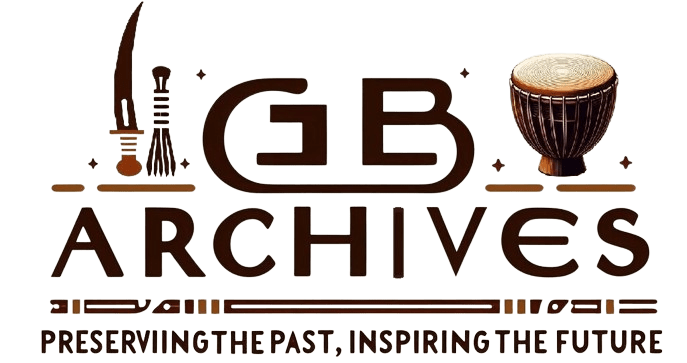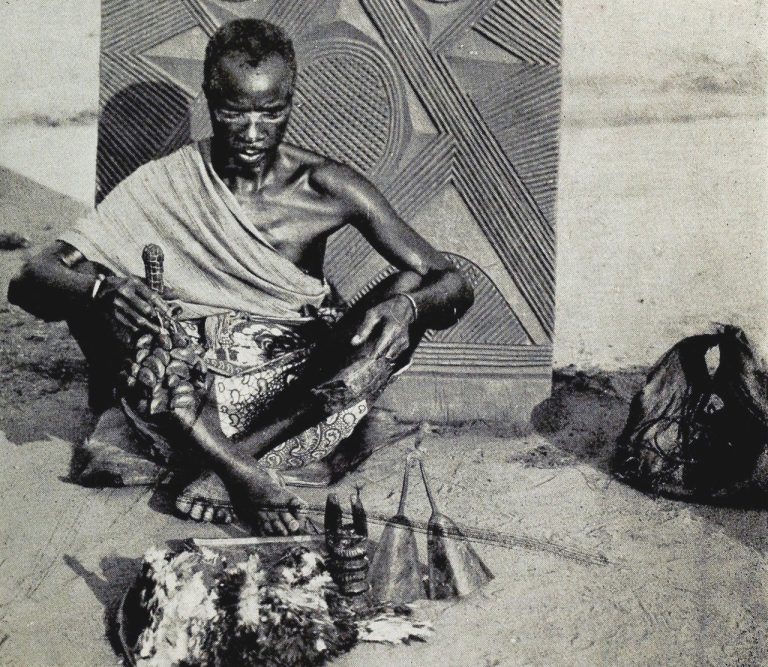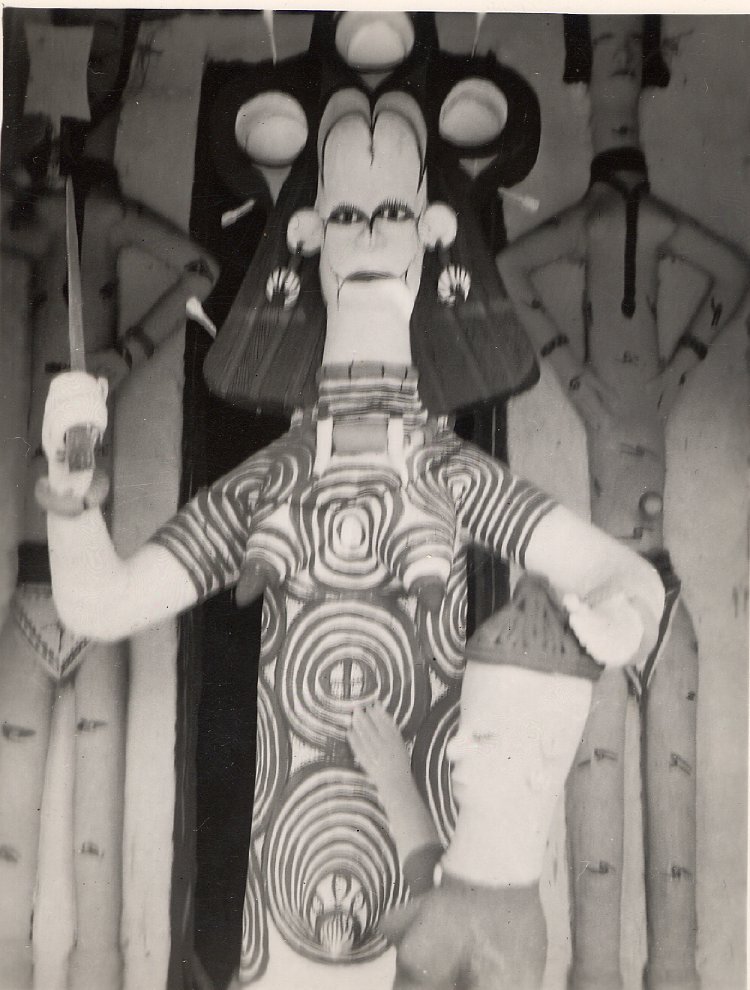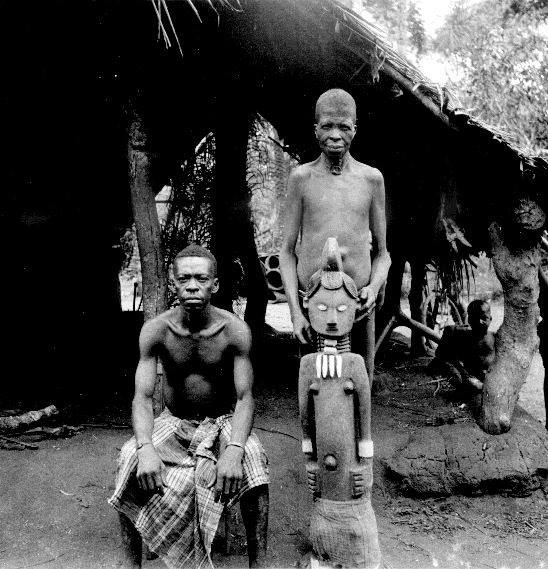
This photograph, captured by Gwilliam Iwan Jones in the 1930s, showcases a central figure in Igbo belief systems – the Alusi shrine with its priest (Dibia) seated and it’s slave (Osu) standing behind the figure. These sacred figures (Alusi/Arunshi), traditionally crafted from wood, mud, or a combination of both, served as a powerful link between the physical world and the spirit realm.
The Alusi/Arunshi
For Igbo communities, Alusi were more than just religious icons. They were believed to house powerful spirits who could influence various aspects of life, from health and prosperity to warfare and divination. People from the community would approach the shrine to make offerings, seeking the spirit’s favor or intervention. These offerings could take many forms, including food items like kola nuts or palm oil, or even animal sacrifices.
Notice the details on the shrine in the photograph? These carvings could hold specific meanings, representing the spirit housed within or perhaps the qualities and powers it embodied. Deciphering these symbols often fell to the Dibia, the priest entrusted with the care of the shrine.
The Dibia
The Dibia, the seated figure in the photograph, plays a critical role in Igbo spirituality. As the custodian of the Alusi shrine, he’s responsible for its upkeep, ensuring it remains a suitable dwelling place for the spirit. He also makes offerings on behalf of the community and interprets messages or signs believed to be sent by the spirit. Becoming a Dibia often involves undergoing specific training or possessing certain qualities believed to make them particularly receptive to the spirit realm. In the photo, the Dibia’s posture suggests respect for the power he interacts with.
The Osu
The presence of the Osu in the photo adds another layer of complexity to the story of Alusi shrines and Igbo spirituality. Traditionally, the Osu were individuals dedicated to a deity or a shrine, often as a consequence of crimes, misfortune, or even as prisoners of war. They served the shrine and the Dibia, occupying a distinct social position within the community.
The concept of the Osu system is a topic of ongoing discussion, with its historical roots raising questions about social hierarchy and past injustices. It’s important to acknowledge this complexity when exploring Igbo traditions. While the practice of assigning Osu status has largely faded in recent times, the legacy of the system continues to spark conversations about social transformation within Igbo communities.
This photograph offers a valuable look into a bygone era of Igbo spirituality and social structures. By examining historical accounts, oral traditions passed down through generations, and the perspectives of contemporary Igbo communities, we can gain a richer understanding of the enduring significance of Alusi shrines.
Do you have any stories or knowledge passed down through your family about Alusi shrines, the Dibia, or the Osu system? Share your insights in the comments below!
Explore Further
To deepen your understanding of Igbo spiritual traditions and their significance, consider exploring these insightful works:
 Recommended Books
Recommended BooksSummary After God Is Dibia: Igbo Cosmology, Divination and Sacred Science in Nigeria is a profound exploration of the spiritual and philosophical traditions of the Igbo people of Nigeria. Authored by Professor John Anenechukwu Umeh, a renowned scholar and practitioner, the book delves into the intricacies of Igbo cosmology, divination practices, and the sacred sciences […]
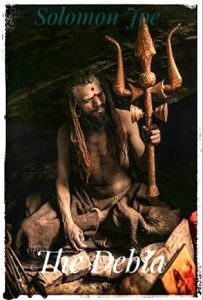 Recommended Books
Recommended BooksOverview: “THE DIBIA: Guardians of Ancient Wisdom and Healing in Igbo Culture” by Solomon Joe is a concise yet insightful exploration into the role and significance of the Dibia within Igbo society. This Kindle edition, published on June 9, 2023, delves into the rich cultural heritage of the Igbo people through the lens of the […]
Discover more from Igbo Archives
Subscribe to get the latest posts sent to your email.
